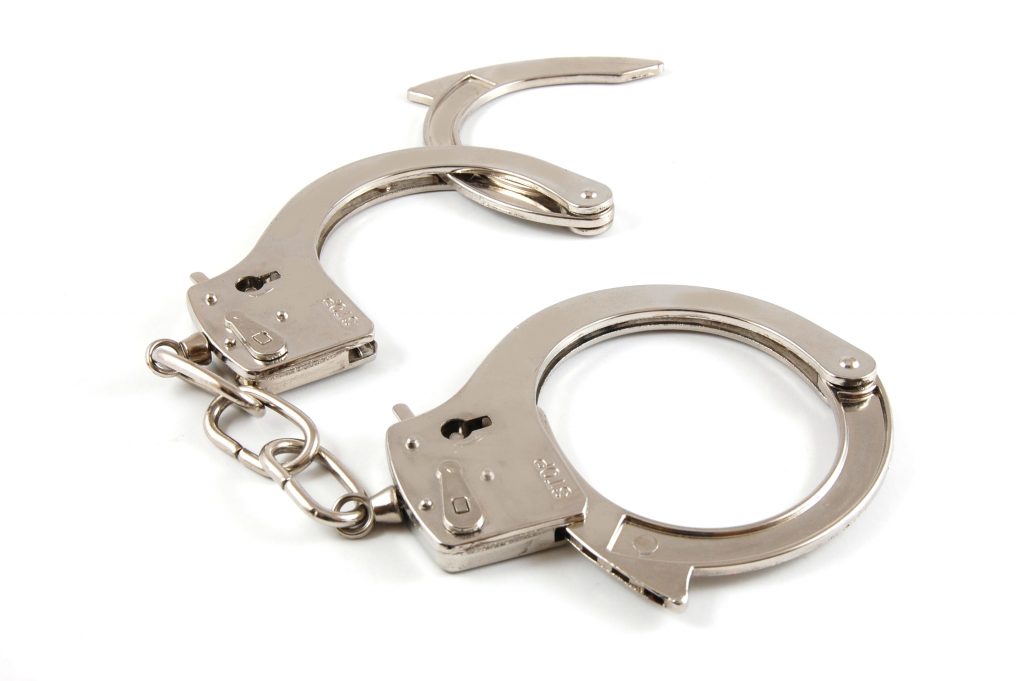Racketeering occurs when organized groups or crime rings operate rackets or illegal businesses or when they utilize legal organizations for embezzling funds. These acts are illegal because they could have catastrophic consequences for private and public institutions.
Common Examples of Rackets
In past decades, rackets usually dealt in evidently illegal industries including sex trafficking or prostitution, drug trafficking, counterfeiting, and trafficking of illegal weapons.
These rackets organized groups of individuals to keep their “business” covert and profitable, which in turn enables them to offer illegal products publicly and conveniently that authorities have a difficult time making prosecutions and arrests.
Additionally, when crime rings breach the corporate world, they could rob huge corporations via many different white collar criminal strategies, which in turn could put their target company in financial ruin, along with its employees and shareholders.
The Racketeer Influenced and Corrupt Organizations Act
Prosecutors found it nearly impossible to end racketeering before Congress enacting laws for specifically fighting organized crime. Before, they could convict only the low-ranking members or henchmen of crime rings since these were the individuals who actually did the illegal work.
But the brains behind the entire operation usually go free since prosecutors could not connect them directly to the crimes. Fortunately, Congress enacted the RICO or Racketeer Influenced and Corrupt Organizations Act in 1978.
This law offers prosecutors provisions they require to combat organized crime rings, says a renowned white collar lawyer here in Houston.
Plenty of states have likewise enacted similar statutes. Under this act, prosecutors would not need to prove that a suspect committed the illegal activity personally. Rather, they should only show that the offender manages and owns the alleged criminal organization.
What to Do If You Are Facing Charges
Although your charge might not come close to infamous mob rings of yesteryears, conviction of a RICO crime could result in severe consequences. But being accused does not necessarily mean that the opposition could prove that you committed a crime.
There are relevant defenses might apply to your case, and the best way to learn about these is by consulting an experienced attorney to review your case.
